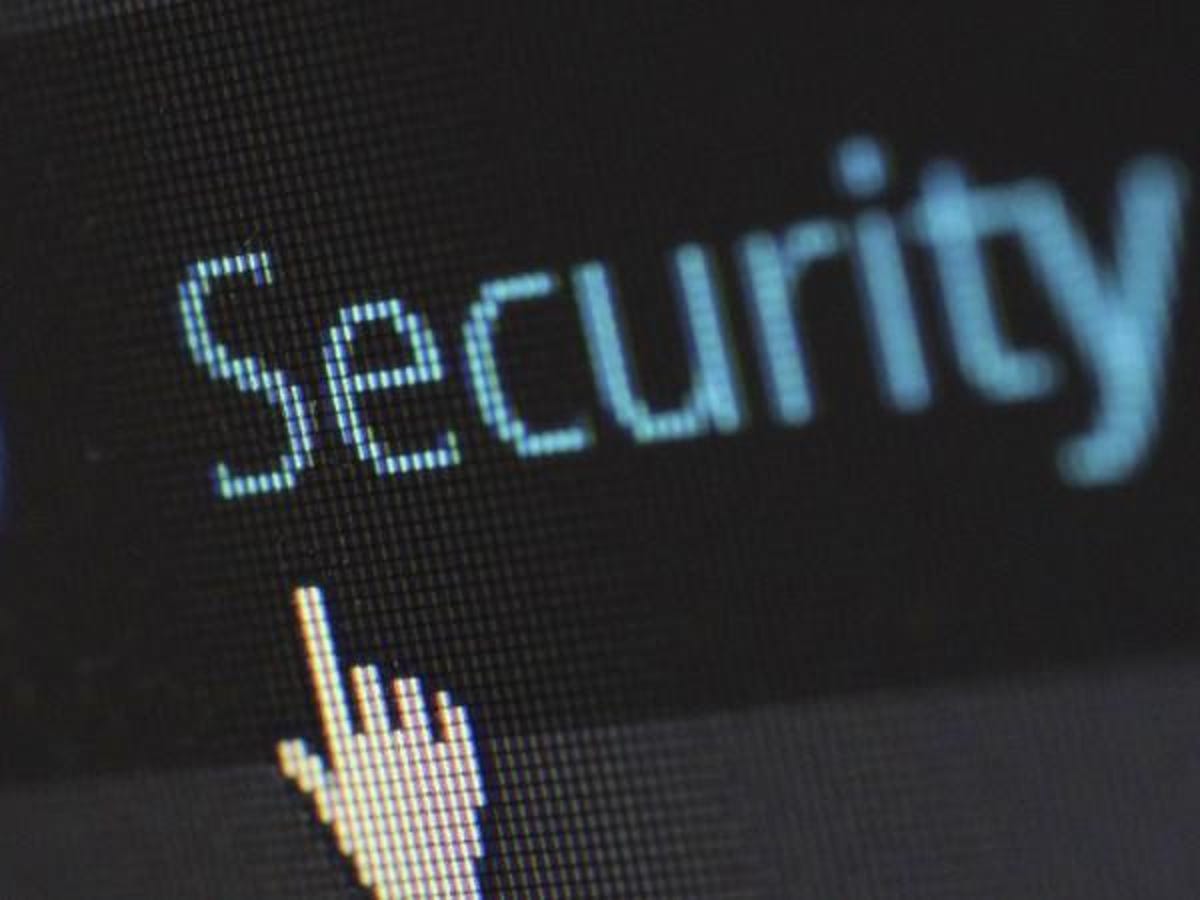Hasn't your computer been hacked? Find out this way
Hasn't your computer been hacked? Find out this way
When understood in common language, computer hacking is defined as unauthorized access to someone's computer and damaging the system there. In this way, a hacker can block a computer system by hacking a computer, change the format of data, destroy data, steal data and sell it, etc. The Nepal Telecommunication Authority says that in order to know that a computer has been hacked, one should pay attention to the various activities taking place on one's computer.
According to the authority, if you see the following signs, you can know that your computer has been hacked and take immediate action:
1. In addition to finding programs installed on a computer without the computer owner's knowledge, programs automatically running and trying to connect to the Internet as soon as the computer is turned on,
2. Abnormally low performance of the computer, increased usage of CPU, RAM and the computer hangs from time to time and shuts down automatically.
3. Unnecessary redirects/visits to websites, self-downloading of various software and frequent pop-up windows
4. Sending multiple emails or messages from the computer owner's email account or social media account without the computer owner's knowledge
5. Changing the Internet browser home page without the knowledge/permission of the computer owner
6. Automatically disable Windows Firewall, Antivirus, Task Manager, or Registry Editor
7. Do not use your password
8. Having your password available in a public domain
9. Consuming abnormally high internet bandwidth or slow internet
10. Getting unsolicited messages like “You've been hacked”.
11. Receiving an email or message asking for a ransom (Ransomware) in your email etc
12. Unnecessary toolbars appear in the browser.




Comments
Post a Comment
If you have any doubts. Please let me know.